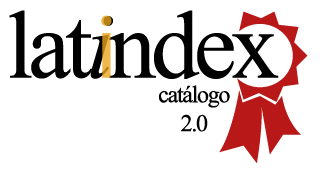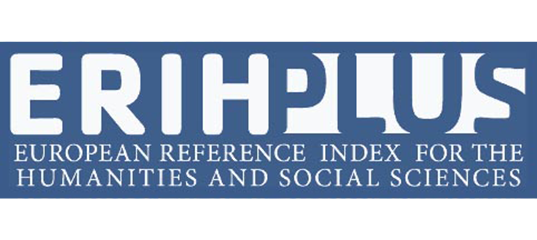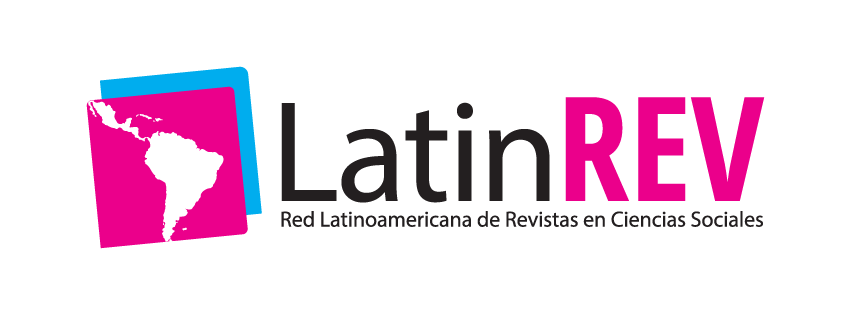Aprendizaje Automático para Evaluar la Educación Contable y su Impacto en el Cumplimiento Tributario de las Compañías de Taxis Convencionales
DOI:
https://doi.org/10.46480/esj.9.1.197Palabras clave:
Aprendizaje automático, educación contable, cumplimiento tributario, cultura organizacional, perspectiva integrada, tecnología educativaResumen
Contexto: Este artículo evalúa el uso del Aprendizaje Automático para fortalecer la educación contable y mejorar el cumplimiento tributario en la compañía de taxis convencionales "Cultura Machalilla COMTACULMA S.A", reconociendo la importancia de la tecnología en la gestión contable. Metodología: Se implementó un enfoque metodológico mixto que combinó técnicas cualitativas y cuantitativas, trabajando con una muestra intencional de 32 colaboradores de la compañía. Se realizaron entrevistas y grupos focales que fueron analizados mediante análisis temático. Resultados: El estudio evidenció que la educación en materia contable representa un factor crítico que influye directamente en el cumplimiento fiscal. Se constató que la capacitación contable tiene un impacto positivo en el cumplimiento tributario de los trabajadores. Se identificó la necesidad de implementar modelos para detectar debilidades contables, establecer programas de capacitación y utilizar tecnología en el ámbito contable, destacando también la importancia de crear un entorno que motive a los empleados a cumplir con sus obligaciones tributarias. Conclusiones: Con base en los hallazgos, se desarrolló una propuesta para implementar herramientas de aprendizaje automático que permitan analizar la información sobre cumplimiento financiero y mejorar la gestión de información contable, adoptando una perspectiva holística para abordar el cumplimiento tributario y mejorar la educación de los empleados.
Descargas
Referencias
Chen, L., & Li, X. (2020). The role of machine learning in ac-counting education: A review. International Journal of Ac-counting Information Systems, 34, 100-115.
Creswell, J. W., & Poth, C. N. (2021). Qualitative inquiry and research design: Choosing among five approaches (4th ed.). Sage Publications. ISBN 978-1544332165.
Davis, M. (2020). The future of tax compliance: Insights from machine learning. Tax Journal, 12 (2), 78-92.
García, M., & Martínez, P. (2023). Predictive models in ac-counting education: Enhancing problem-solving skills. Jour-nal of Business Research, 140, 456-470.
Johnson, K. (2022). Innovations in accounting education: The future of machine learning. Journal of Educational Tech-nology & Society, 25 (3), 210-225.
Kumar, A., & Singh, R. (2022). Personalized learning in ac-counting education through machine learning. Accounting Education: An International Journal, 31 (2), 145-160.
Lopez, R., & Torres, S. (2021). Immersive learning in accounting: The impact of machine learning simulators. Journal of Ac-counting Education, 54, 100-115.
Martin, J. (2022). The impact of technology on tax compli-ance strategies. International Journal of Public Sector Management, 35 (5), 600-617.
Martínez, A., García, P., & Lopez, R. (2022). Training and its impact on tax compliance: A study of the service sector. International Journal of Public Sector Management, 35*(4), 456-470.
OCDE. (2022). Tax compliance and business sustainability: A global perspective. OECD Publishing.
Patel, N., & Verma, S. (2021). Data analytics in accounting: A new paradigm for learning. International Journal of Ac-counting & Information Management, 29 (4), 543-559.
Robinson, L. (2023). Enhancing accountability in taxi compa-nies through machine learning. Journal of Business Ethics, 162 (1), 111-125.
Smith, J., & Johnson, L. (2021). The impact of accounting knowledge on tax compliance: Evidence from small busi-nesses. Journal of Business Research, 128, 123-130. [Scopus]
Smith, J., Brown, T., & Williams, E. (2023). Barriers to implement-ing machine learning in accounting education. Account-ing Horizons, 37 (1), 45-62.
Thompson, R. (2023). Machine learning and its role in modern accounting practices. Review of Accounting Studies, 28 (2), 345-367.
Wang, T., & Liu, Y. (2023). The role of digital education tools in enhancing accounting knowledge and tax compliance. Journal of Accounting Education, 62, 45-60.
Wang, T., & Zhao, Y. (2021). Machine learning applications in financial auditing. Auditing: A Journal of Practice & Theory, 40 (1), 67-85.
White, A., & Green, B. (2020). Leveraging data analytics for tax compliance in transportation services. Journal of Transport Economics and Policy, 54 (3), 345-362.
Zhang, Y., Chen, H., & Liu, J. (2021). Machine learning tech-niques for tax compliance prediction. Journal of Account-ing Research, 59 (4), 1234-1260.
Descargas
Publicado
Número
Sección
Licencia
Derechos de autor 2025 ada ad

Esta obra está bajo una licencia internacional Creative Commons Atribución-NoComercial-SinDerivadas 4.0.
Los autores conservan los derechos sobre sus artículos y, por tanto, son libres de compartir, copiar, distribuir, ejecutar y comunicar públicamente su obra en sus sitios web personales o en repositorios institucionales, después de su publicación en esta revista, siempre que se proporcione la referencia bibliográfica que acredite su publicación original.































